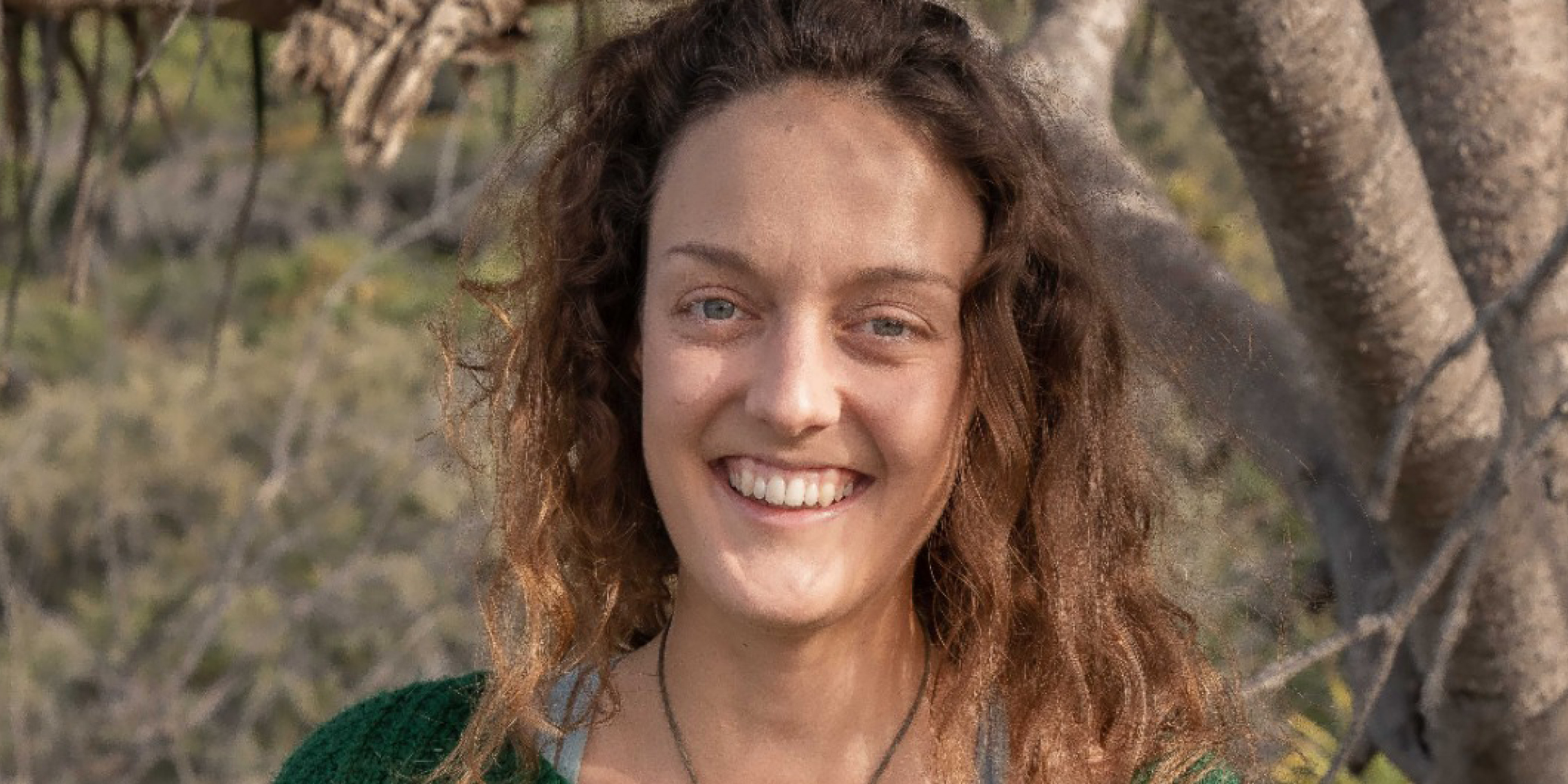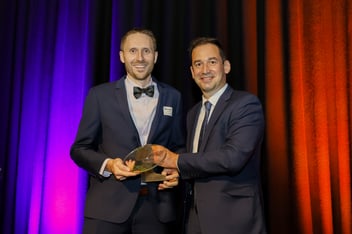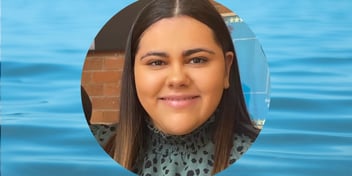Spotlight on a Regional YWP: Shannon Davies

We continue our series of Regional Young Water Professional Spotlight articles, with an interview with Shannon Davies who works at Arup. The intention of the Spotlight articles is to form a series highlighting the experiences and contributions our regional members make to their industry and communities.
Q: Tell us a little about yourself and the work you do.
Over the last 10 years working in the water industry, I have spent time working on wastewater treatment operations, design, strategic planning, asset management, water resources, flood modelling and integrated water planning. It is an exciting time as I have recently joined Arup as a Senior Water Engineer. In this role I am hoping to utilise my broad expertise in the industry to deliver positive social impact and assist clients in the water advisory space to make better informed strategic decisions. I am also very excited to be working on International Development projects and am now managing a project looking at decentralised toilet design for marginal communities in India. In my previous role at AECOM, I spent time working in India, so I am excited by the opportunity to continue contributing to water and sanitation solutions in this region.
Q: What brought you to work at Arup?
As I touched on above, I am keen to use my technical skills to make a positive impact on the world. This goal aligns with Arup’s dedication to sustainable development and shaping a better world through the project solutions they provide their clients. It is great that I can work within an organisation whose values align with my own. A big draw card is the international development work and community engagement space that Arup works within. There is a culture of encouraging employees to be proud of the work that they do, and whilst the finances must be balanced, making money for shareholders is not their main priority. Without shareholders, the money earnt from projects can now be reinvested in research, community engagement and international development. This allows time for employees to work on projects where they can see the direct social and environmental benefit from their efforts.
Q: What is the best thing about working in a regional area?
Even though Newcastle is a larger city and by no means remote, I found the biggest difference to be that the projects are generally smaller than in the larger cities. This has enabled me to take ownership of whole design pieces and lead projects at an earlier stage in my career than may have been possible if working only on a smaller section of a larger project. In addition, this has allowed me to work across a larger variety of projects, roles and locations across the state and country. Working regionally requires teams to have deeper understandings of multiple aspects of projects due to not having access to as many specialist resources.
Another benefit is decreased commuting time, I have never had to commute more than 15 mins to the office, which is a huge plus, so it is also a lifestyle choice for me. With remote working now more viable, this opens more opportunities for regional employees to undertake a larger variety of work whilst being physically based outside of the capital cities.
Q: What is the most difficult thing about working in a regional area?
It is hard to say that there are any difficult things about living in Newcastle. We do not have long commutes or traffic, our population is increasing and in turn, there is increased infrastructure growth areas to cater for this migration. The challenge is making sure there are adequate water engineering resources to manage project workload.
As I mentioned previously, you can gain diverse experience in regional areas, so this could prove challenging if you were looking to specialise and become an expert in a particular topic. However, I know that I personally prefer to constantly change it up and learn something new, so I have not found this to be a problem. When I was in Rockhampton last year it was similar, it proved to be a great learning experience and allowed me to understand the requirements outside of my local area, particularly in a regional context.
Q: What moment/achievement are you most proud of in your professional career?
There are many career highlights that I am proud of and it is difficult to pick one… Winning the NSW AWA YWP of the year last year was a highlight, with the best part of it being that I was encouraged to apply by my colleagues. Another was being able to present at the 2020 AWA YWP conference and 2022 Water NZ conference on my contribution in India where I spoke about the importance of integrating cultural context into water management. Another memorable moment was the positive feedback given by my supervisor in India explaining the affect I had on the team, particularly in strengthening the confidence of other young female engineers.
A time when I felt happiest in my career was when my younger brother Tom and his partner both decided to study engineering degrees and later joined the water industry. They are both doing so well in their careers already, and I am delighted that I enabled them to consider water engineering as a way to make a meaningful contribution to society.
Q: If you could go back five years, what advice would you give yourself?
To put things in perspective, 5 years ago I was in a rush to build a successful career and to be seen as 100% dedicated to my job, all the time. What I would remind myself is that it is possible to be passionate about your career and develop it, without it needing to be always your number 1 focus. It is important to set boundaries and understand the need to rest and relax. Burn-out can sneak up on you without you realising. I am fortunate that I have worked in organisations that enable me to progress with other goals in life whilst continuing to be dedicated to the work I do in the water industry. I now work part-time (for no other reason than to have more time for other parts of my life), and hope that I can inspire other young people to realise that this is an option (you do not have to wait until you have kids to have an excuse!).
Regional YWPs are making a difference in their local areas and the industry as a whole. If you are a YWP living, working, or studying in a regional area and would like to get involved or share your story, please find more information on our Young Water Professional page. NSW members can contact your YWP Committee Regional Representatives:
Trevor Sultana | Trevor.Sultana@outlook.com
Brendan Dagg | Brendan.Dagg@ghd.com

.jpg?width=352&name=Mitchell%20Farlow%20Image%20for%20Article%20(1).jpg)

